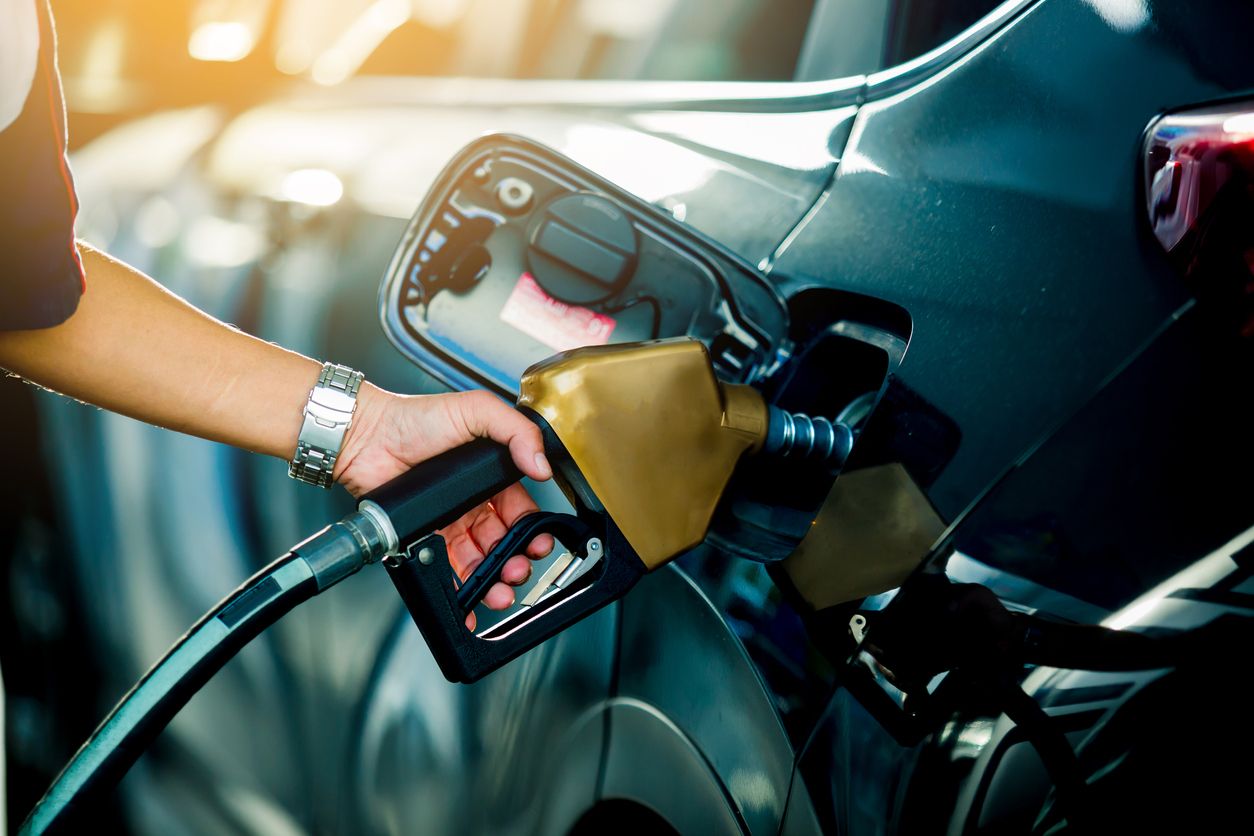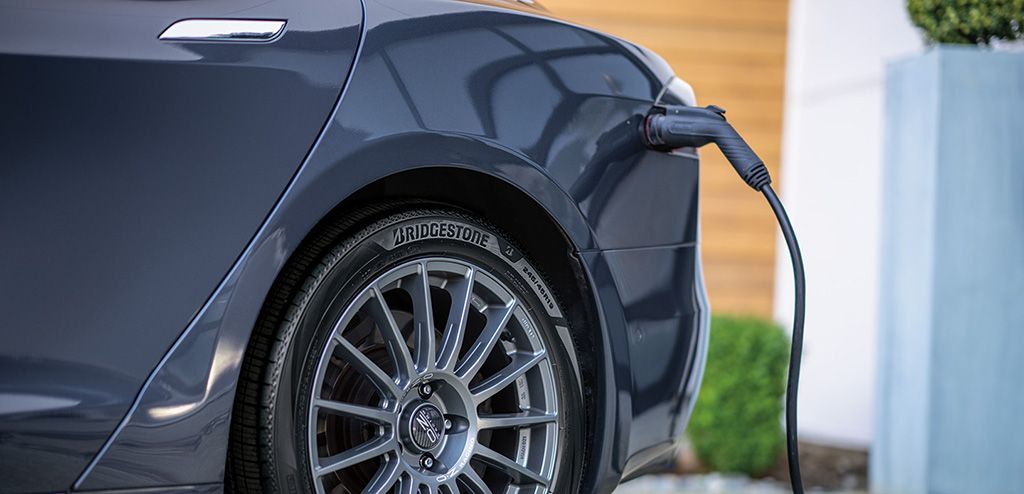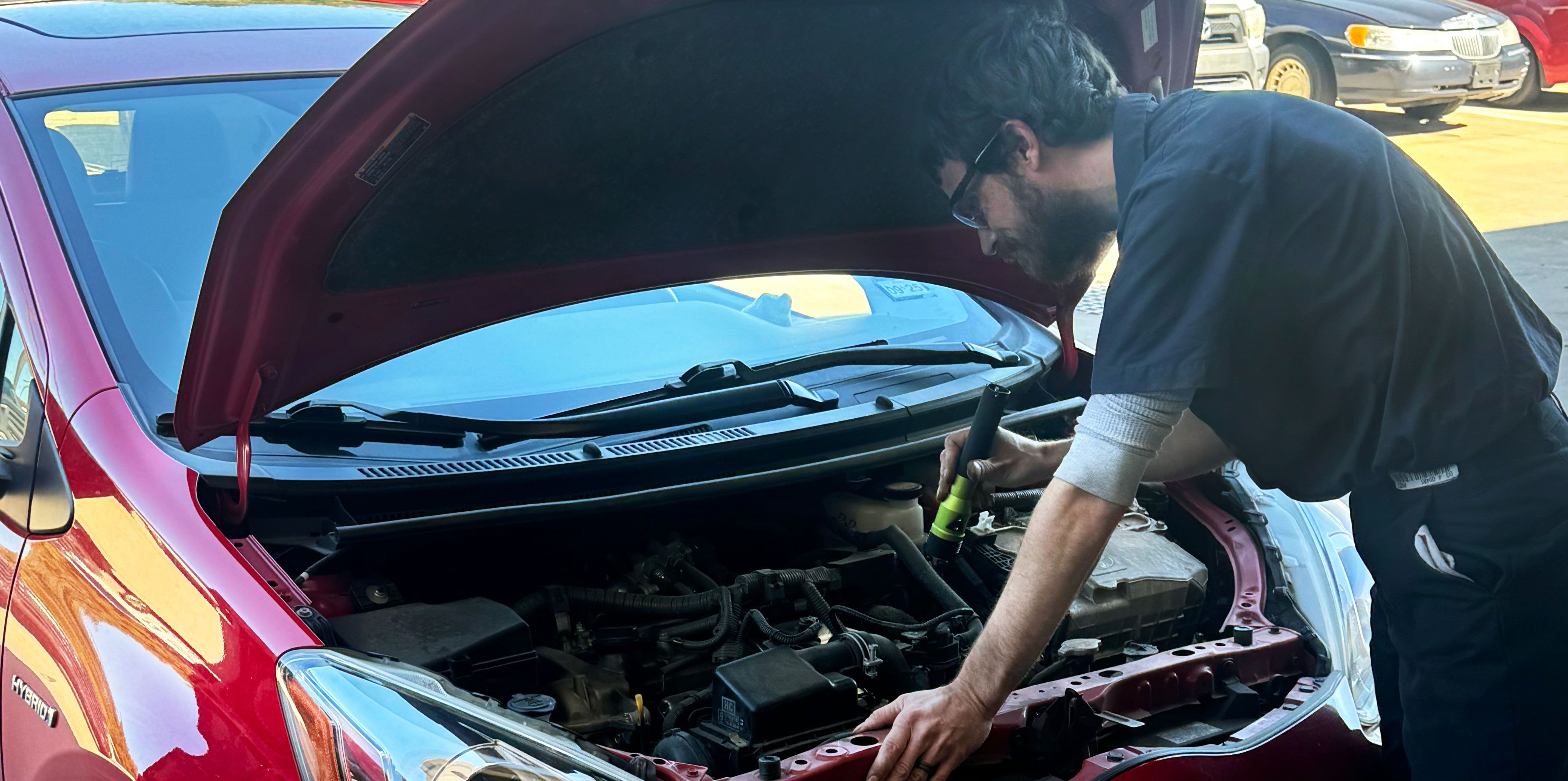With rising gas prices, you might find yourself seeking techniques for getting better gas mileage. Adopt these nine gas-saving habits, and you could keep money in your pocket, make your car more eco-friendly, and prevent unnecessary wear on your vehicle. Here's how to get started.
How to Reduce Fuel Consumption in Cars Before Driving
1. Keep your tires properly inflated.
Underinflated tires have more rolling resistance, which means that flatter tires may generate more friction and use extra energy to move your vehicle down the road. This added resistance can in turn reduce fuel efficiency. To avoid burning extra fuel, check your car owner's manual to ensure your tires are properly inflated at all times.
2. Keep your load light.
Whether you're hauling hefty work supplies or towing a trailer you're no longer using, carting around heavy cargo can cause your vehicle to work harder and use more fuel. In addition to spare tires and emergency tools, be mindful of the items you carry while driving. Your credit card will thank you at the pump.
3. Don't idle for too long.
Waiting for your car to warm up? Or maybe, you're waiting on a friend to get into the passenger seat. Whatever the case, long idle times still require a substantial amount of energy from your engine, leading to wasted fuel. If your vehicle will remain stationary for more than a few minutes, one of the best things you can do to improve gas mileage is simply cutting the engine.
4. Keep up with your manufacturer's suggested maintenance schedule.
Not appropriately following your manufacturer's suggested maintenance schedule can have adverse effects on your vehicle's performance as well as reduce fuel economy. It's important to maintain your vehicle properly, from having your tires rotated and aligned when needed to regular motor oil changes. When left unchecked, various failing (for example, spark plugs) or worn components can lead to increased fuel consumption issues over time.
How to Reduce Fuel Consumption When Driving
5. Maintain steady speeds whenever possible.
Frequent and drastic speed changes or constant hard acceleration and braking can cause your vehicle to utilize more fuel. Try coasting or engaging your cruise control whenever it's safe to do so on interstate highways. You'll also want to practice safe driving habits such as observing and anticipating the actions of other vehicles and pedestrians on the road. Doing so may help to keep your speed steady and prevent the burning of excess fuel.
6. Drive the speed limit.
Driving right at or below the speed limit — as opposed to speeding — on interstate highways may reduce the amount of fuel your vehicle needs. Most automobiles — cars, trucks, and SUVs alike — are more gas-efficient when traveling at around 55-65mph or below. Higher speeds tend to make the engine and other components work harder, increasing fuel consumption at a faster rate.
Note: Some vehicles have the option to turn on ECO mode which may help to increase your MPG at certain speeds.
7. Plan your route.
Stop-and-go traffic can really do a number on your gas tank and engine. To help prevent this, anticipate the route along your commute to save time and money on gas.
- Evaluate traffic, construction, and accident reports before hitting the road.
- Plan out your route in detail, especially when taking longer drives.
- Drive on highways and interstates whenever possible to streamline your drive and avoid frequent stopping.
8. Drive your vehicle less often.
When learning what driving techniques can save fuel, perhaps the simplest option is to drive your vehicle less often. Opt for public transit if available in your area or join a carpool. For shorter trips, consider walking or biking to your destination. Making a habit of driving less reduces fuel usage and gas spending (if the vehicle has an internal combustion engine), decreases the amount of air pollutants entering the ozone, and if you're walking or biking, it might even lead to a healthier lifestyle.
Save on Gas and Maintenance at Firestone
Are you ready to save on gas by keeping your vehicle in good condition for the roads ahead? Schedule an appointment at your nearest Firestone Complete Auto Care. Our trained technicians will help ensure that your vehicle is as fuel-efficient as possible by performing a complete vehicle inspection and any other services you may need. From confirming tire pressure to providing free vehicle inspections and more, Firestone has you covered.



